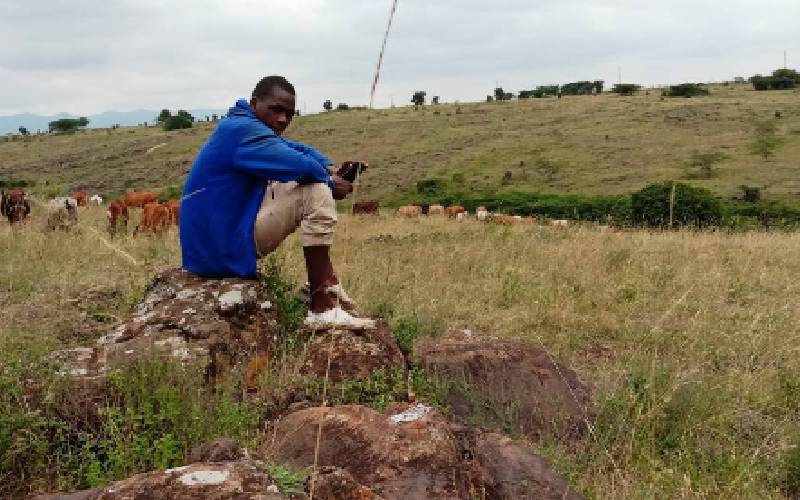×
The Standard e-Paper
Kenya’s Boldest Voice

Peter Olankai, who keeps cattle, sheep and goats, has struggled to buy and sell his animals in Kenya's Kajiado County as the coronavirus pandemic closed markets and ushered in movement restrictions and curfews that have eaten away at his income.
"Our livelihood is reliant on livestock - we sell these animals to get money to buy food and other family needs, but now we can't," he said earlier this month.